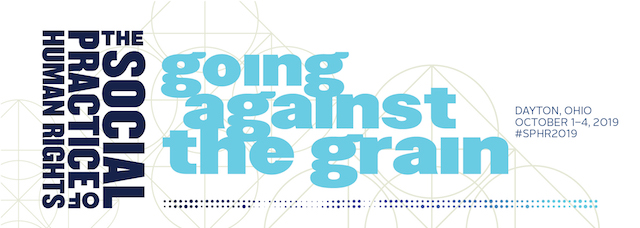Humanizing Investments in the Extractive Industries in Africa through the IFC’s Sustainability Policies
Abstract
International financial institutions (IFIs) face enormous risks in developing countries that require greater measures of sustainable business conduct and accountability. They manage huge investment portfolios, finance development projects, offer advisory services and contribute to economic development in emerging markets. In the process, they are exposed to huge investment risks and face reputational damage, if they act recklessly or have little or no regard for the adverse impacts of such projects on third parties. In the context of natural resources exploitation in Africa, especially, the unregulated pursuit of profit in the extractive industries often results in deadly consequences for proximate communities and individuals. Projects which have been touted as promising host communities infrastructural development, job opportunities, social services and economic boom have frequently only delivered land grabs, forced displacement, cultural infringements, environmental pollution, conflicts, health disasters, misery and even deaths. These not only demand increased transparency and accountability from corporations associated with development projects, but also raise questions of sustainability.
For IFIs and project partners, it requires a greater degree of due diligence and sustainable business conduct to ensure long-term success and access to the market. To minimize exposure to the high risks associated with development financing, IFIs such as the International Financial Corporation (IFC), an arm of the World Bank, have taken the lead to promote good corporate governance practices in emerging markets by paying due regard to sustainable environmental and social policies. This paper, therefore, makes a modest attempt at assessing the impact of the IFC’s sustainability policies and performance standards on the protection of environmental and socio-economic rights in Africa. It adopts a socio-legal approach in assessing the IFC’s methodological contribution and environmental, social and governance model in promoting good international industry practice in project financing and in safeguarding human rights in the extractive industries sector.
Humanizing Investments in the Extractive Industries in Africa through the IFC’s Sustainability Policies
Innovations in Economic and Social Rights
International financial institutions (IFIs) face enormous risks in developing countries that require greater measures of sustainable business conduct and accountability. They manage huge investment portfolios, finance development projects, offer advisory services and contribute to economic development in emerging markets. In the process, they are exposed to huge investment risks and face reputational damage, if they act recklessly or have little or no regard for the adverse impacts of such projects on third parties. In the context of natural resources exploitation in Africa, especially, the unregulated pursuit of profit in the extractive industries often results in deadly consequences for proximate communities and individuals. Projects which have been touted as promising host communities infrastructural development, job opportunities, social services and economic boom have frequently only delivered land grabs, forced displacement, cultural infringements, environmental pollution, conflicts, health disasters, misery and even deaths. These not only demand increased transparency and accountability from corporations associated with development projects, but also raise questions of sustainability.
For IFIs and project partners, it requires a greater degree of due diligence and sustainable business conduct to ensure long-term success and access to the market. To minimize exposure to the high risks associated with development financing, IFIs such as the International Financial Corporation (IFC), an arm of the World Bank, have taken the lead to promote good corporate governance practices in emerging markets by paying due regard to sustainable environmental and social policies. This paper, therefore, makes a modest attempt at assessing the impact of the IFC’s sustainability policies and performance standards on the protection of environmental and socio-economic rights in Africa. It adopts a socio-legal approach in assessing the IFC’s methodological contribution and environmental, social and governance model in promoting good international industry practice in project financing and in safeguarding human rights in the extractive industries sector.



